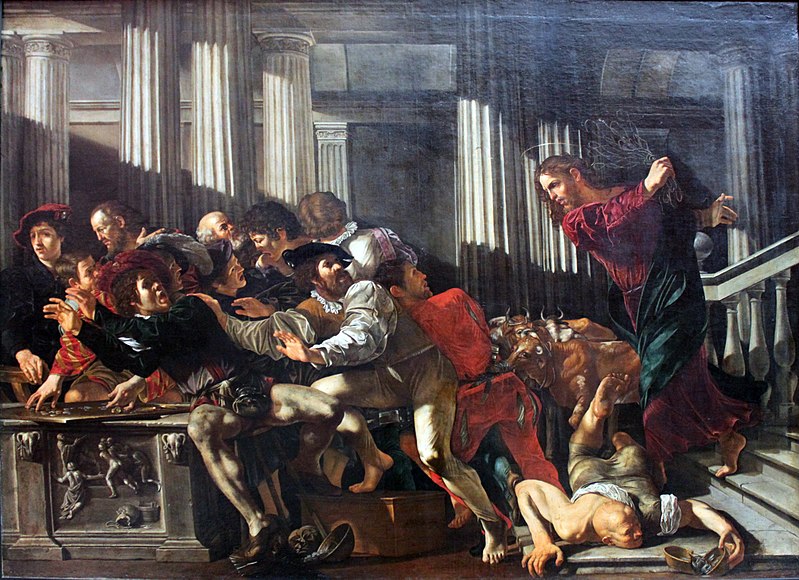North Americans live in the most highly individualistic society the world has ever seen. Here, personal liberty and self-determination reign supreme; so it quite likely rankles when others presume to tell us how to live our lives.
That’s a challenge for those of us who wish to follow Jesus, for authentic Christianity consists of a comprehensive way of life rather than an à la carte menu of beliefs, behaviors, and practices. Christian faith should inform all aspects of our lives, from how we interact with others to how we spend our time, energy, and yes – money. While many 21st century North American believers are uncomfortable with that last topic, the Bible does not shy away from it. In fact, by some counts, there are 2000+ verses of scripture in the Old and New Testaments that specifically focus on the relationship of faith to personal finance.
Perhaps discussion of finances in the context of faith is a stumbling block for so many because of our familiarity with stories like the one of Jesus overturning the tables of the money changers in the temple, or warnings against greed. For many, the take-away is that finances are unspiritual and that money itself is evil. This is not true.
Money is only a tool, a convenient way to preserve the fruits of our labors or access one’s resources. What troubles Jesus, Paul, and others in the Bible is not money itself, but what happens when our relationship with money compromises our relationships with God and others.
Christ turned over the tables of the money changers not because they were making money, but because the money exchange fees they were charging represented a significant barrier for poor persons who came to purchase doves and other animals for sacrifice. In 1 Timothy 6:10, Paul’s concern is not to condemn the use of money, but rather the spiritual well-being of believers who have embraced an idolatry of wealth.[1] Again, the problem is not money itself, but the danger of placing more effort into gaining, preserving, or enjoying wealth than in following Christ.
Like it or not, where and how we spend our money is a reflection of our faith and personal values. This is especially true of discretionary income.
When I was growing up and stores first began opening on Sunday, I knew persons who refused to patronize these stores because they believed that by doing so they would be making it difficult for workers at those stores to observe the Sabbath. They feared that this was the start of a trend that would decrease family time and hurt the church in the long run. In hindsight, I believe they were correct. Similarly, when I served at Lititz Moravian Church in Lancaster County, I was surrounded by Old Order Amish who refused to run electricity into their homes because it meant that someone would have to manage the power plant on a Sunday. Though they failed to influence the larger society, both groups of Christians were faithful in thinking about finances through the lens of faith. I might not come to the same conclusions as they did, but their witness challenged me to be more spiritually mindful of money.
The Apostle Paul writes of those whose “… destiny is destruction, their god is their stomach, and their glory is in their shame. Their mind is set on earthly things.” In other words, they are ruled by their desires and appetites. As I write this, I am drinking a latte I picked up on the way to work. Many of you know that I have quite the appetite for coffee of any kind. This latte was a rare treat and cost about four times the single dollar I used to put in the church offering plate as a child (ouch!). Were I still contributing at my childhood level and consistently chose lattes over an offering, Paul’s words would give me significant pause and I would have to ask: “Is coffee really more important to me than the work of Christ?” Where the cup meets my lips, the world of faith and finance intersect.
[1] (For the love of money is a root of all kinds of evil, and in their eagerness to be rich some have wandered away from the faith and pierced themselves with many pains.)

